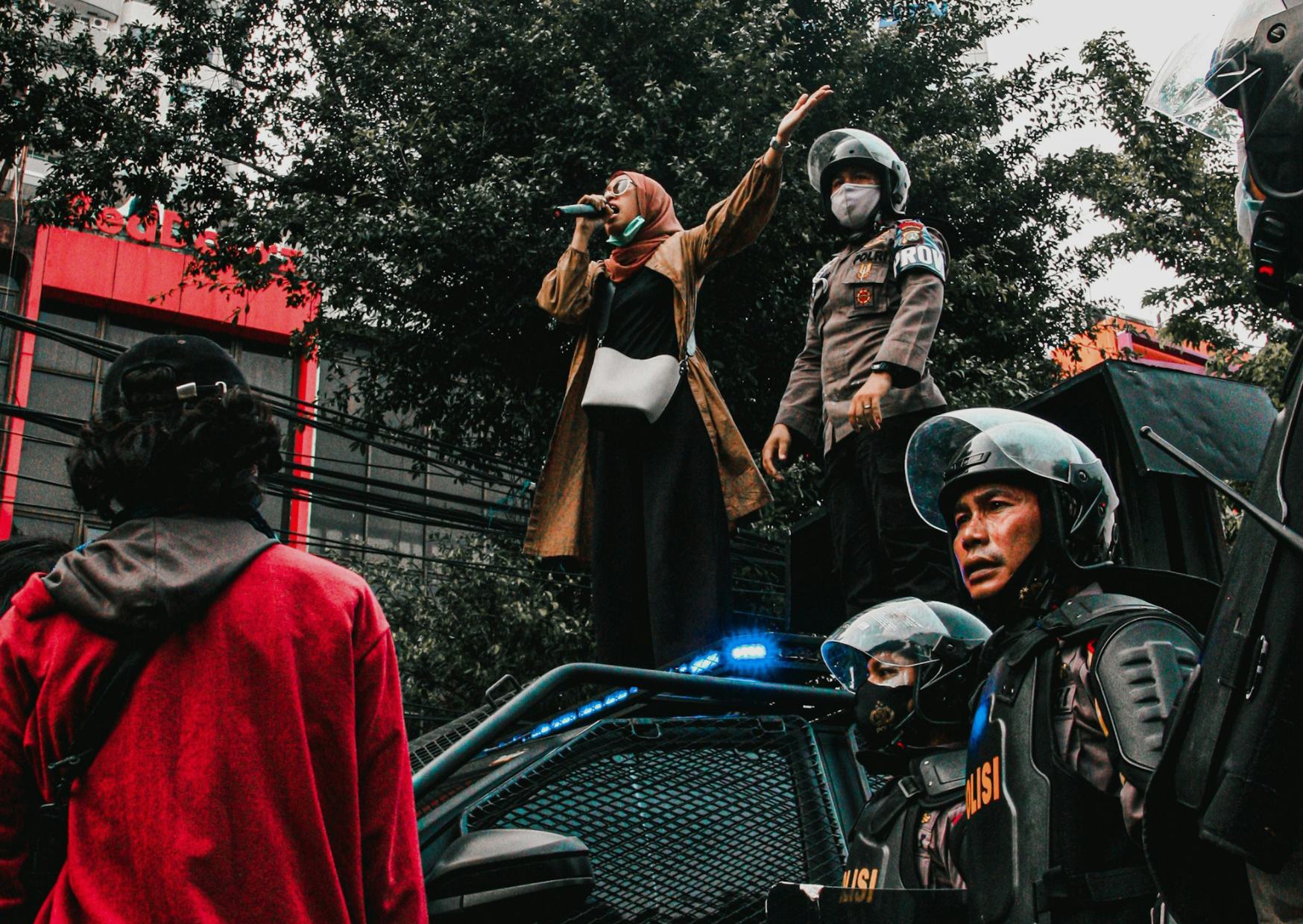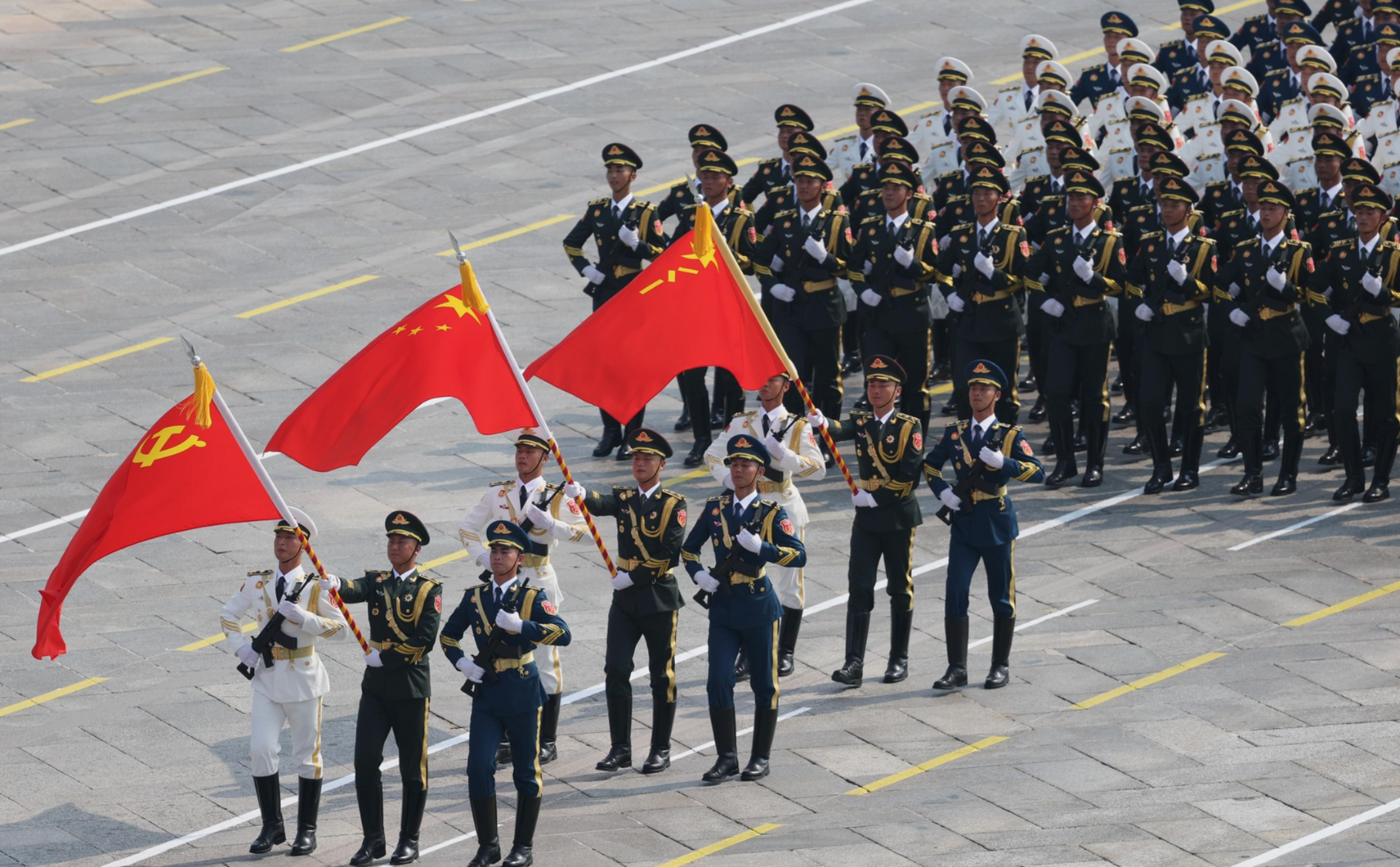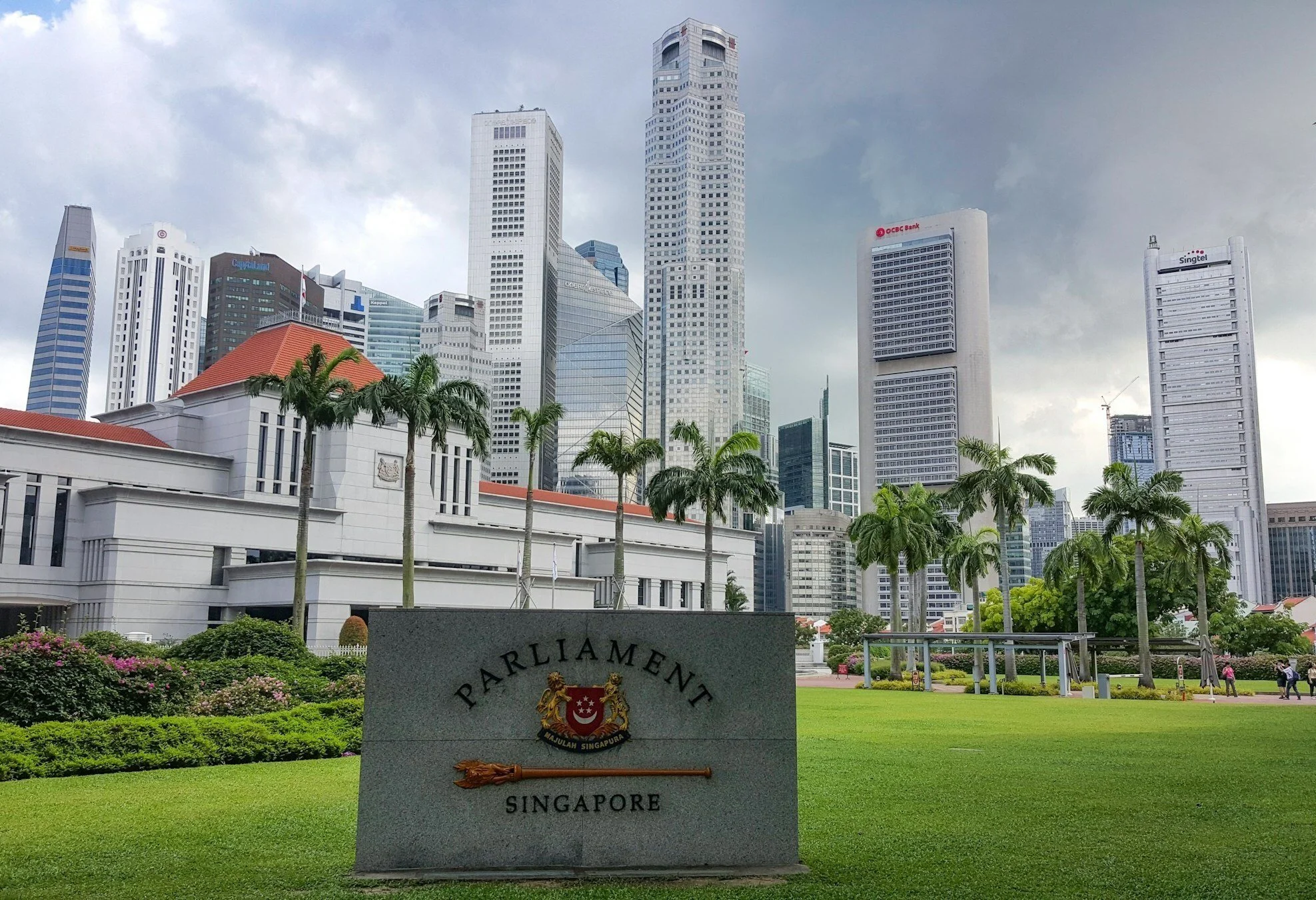THE LATEST
Written by Emanuele Ballestracci
Italy cannot rival the hard-power presence of France or the UK, nor does it aspire to. Instead, it has constructed a pathway based on economic cooperation, private-sector activism, and steady institutional ties, which over time create the trust needed to expand into political and security spheres.
This month, Zsuzsa and Richard are joined by Hunter Marston to reflect on the latest developments in EU–ASEAN relations: the latest ASEAN summit, Timor-Leste’s entry as a full member, and how the recent conclusion of the EU–Indonesia CEPA is helping transform the region.
Subscribe now and never miss an episode.
Written by Chhay Lim and Chandarith Neak
Without institutional mechanisms that both parties accept as legitimate and binding, border disputes remain vulnerable to escalation and external intervention whenever domestic political pressures or regional tensions rise.
This month’s features explore twin fragmentations reshaping the Indo-Pacific: the quiet construction of a north–south undersea security arc as South Korea joins Australia on the path to nuclear-powered submarines, and the near-collapse of COP30, which exposed a deepening crisis of trust at the heart of global climate governance.
Join our briefing today and stay ahead of the curve.
Written by Adhiraaj Anand
Deeper and more sustained transnational exchanges could foster new regional identities and solidarities between national protest movements, as well as increase their resilience and capacity for innovation.
Written by Shin Kawashima
Japan and other US allies must strengthen ties with Southeast Asian countries to address US retrenchment, positioning themselves as credible alternatives for countries seeking to avoid over-reliance on China.
Written by Jonathan Berkshire Miller
For the first time in years, Ottawa is treating the Indo-Pacific not as a region of opportunities to sample but as a theatre in which it must choose where to invest.
Written by Yatana Yamahata
Solidarity among Southeast Asians has strengthened pro-democracy movements across the region and, in doing so, fostered a sense of shared regional identity. ASEAN, however, does not mirror nor reinforce this solidarity. Instead, it remains constrained by its founding principle of non-interference.
























































